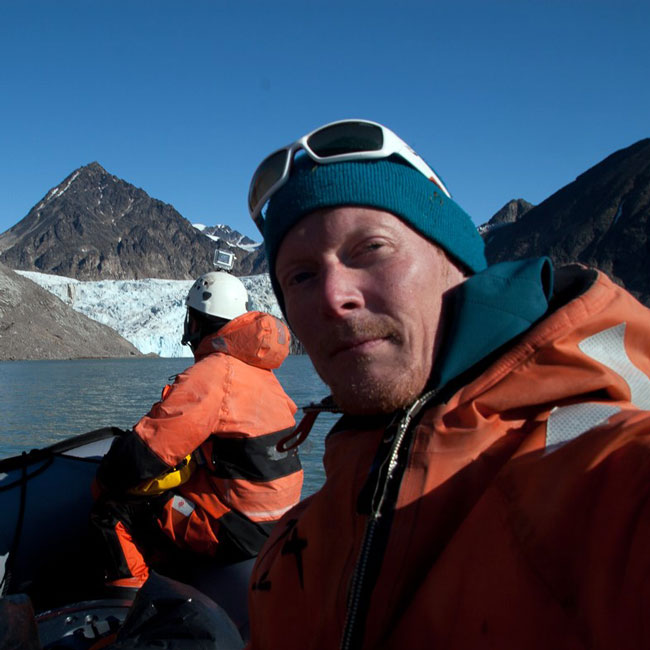Navigating a changing Arctic: toward adaptive governance in Greenland and Svalbard
[Published 19 June 2025]
Scientific Publications
Abstract
Tourism is vital in ensuring thriving communities in peripheral areas of the Arctic. However, many Arctic destinations have seen a dramatic increase in visitors, raising concerns about their ability to withstand tourism pressures. Simultaneously, socioecological systems in the region are undergoing rapid transformations with significant implications for future development. This study, based on qualitative research conducted from 2020 to 2024, explores how tourism actors at Arctic destinations navigate these changes and engage with various scales of tourism governance. Our findings highlight divergent approaches to governance: Svalbard’s top-down regime focuses on strict environmental preservation but faces resistance from local tourism actors, while Greenland is prioritizing tourism as a development strategy, aiming to balance national goals with local community needs. Despite differing views on regulation, tourism actors in both destinations seek greater involvement in tourism decision-making. We argue that employing place-based, collaborative, and adaptive governance approaches is essential to address common challenges such as sustainability, climate change, and (over)tourism in Arctic regions.
FACE-IT Scientists:
ANNA SVEINSDÓTTIR
Nordland Research Institute, Svolvær, Norway
Anna’s FACE-IT Projects
Role in FACE-IT:
• Researcher "Nature-based Tourism"
Carina REN
Aalborg University, Aalborg, Denmark
AAU personal page
Role in FACE-IT:
• Researcher "Food Provision and Livelihoods"
• Researcher "Nature-based Tourism"
Julia Olsen
Nordland Research Institute, Bodø, Norway
Nord University, Bodø, Norway
Julia’s FACE-IT Projects
Role in FACE-IT:
• Researcher "Nature-based Tourism"
Grete K. HOVELSRUD
Nordland Research Institute, Bodø, Norway
Nord University, Bodø, Norway
Center for International Climate Research Oslo – CICERO, Oslo, Norway
Grete’s FACE-IT Projects I
Grete’s FACE-IT Projects II
Role in FACE-IT:
• Member of the Executive Board
• Leader "Transdisciplinary Synthesis"
• Researcher "Identify Key Drivers and Data Management"
• Researcher "Food Provision and Livelihoods"
• Researcher "Nature-based Tourism"
Halvor DANNEVIG
Western Norway Research Institute, Sogndal, Norway
Norwegian Centre for Sustainable Climate Change Adaptation (Noradapt)
WNRI personal page
Halvor’s FACE-IT Projects
Role in FACE-IT:
• Leader "Nature-based Tourism"
Lill RASTAD BJøRST
Aalborg University, Copenhagen, Denmark
AAU personal page
Lill’s FACE-IT Projects
Role in FACE-IT:
• Member of the Executive Board
• Co-Leader "Food Provision and Livelihoods"
Ragnhild FRENG DALE
Western Norway Research Institute, Sogndal, Norway
Ragnhild’s FACE-IT Projects
Role in FACE-IT:
• Researcher "Nature-based Tourism"







